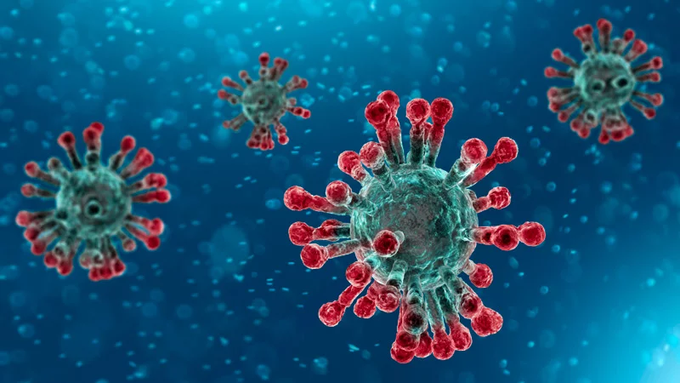Washington– Researchers have now claimed that more and more evidence is coming out that people with Covid-19 are suffering from cognitive effects, such as brain fog and fatigue.
The study, published in the journal Nature Neuroscience, found that that the spike protein, often depicted as the red arms of the virus, can cross the blood-brain barrier in mice.
This strongly suggests that SARS-CoV-2, the cause of Covid-19, can enter the brain.
“The spike protein, often called the S1 protein, dictates which cells the virus can enter. Usually, the virus does the same thing as its binding protein,” said lead author William A Banks from the University of Washington in the US.
Banks said binding proteins like S1 usually by themselves cause damage as they detach from the virus and cause inflammation.
“The S1 protein likely causes the brain to release cytokines and inflammatory products,” he said.
In science circles, the intense inflammation caused by the Covid-19 infection is called a cytokine storm.
The immune system, upon seeing the virus and its proteins, overreacts in its attempt to kill the invading virus. The infected person is left with brain fog, fatigue and other cognitive issues.
The research team saw this reaction with the HIV virus and wanted to see if the same was happening with SARS CoV-2.
Banks said the S1 protein in SARS-CoV2 and the gp 120 protein in HIV-1 function similarly.
They are glycoproteins – proteins that have a lot of sugars on them, hallmarks of proteins that bind to other receptors.
Both these proteins function as the arms and hand for their viruses by grabbing onto other receptors. Both cross the blood-brain barrier and S1, like gp120, is likely toxic to brain tissues.
“It was like deja vu,” said Banks, who has done extensive work on HIV-1, gp120, and the blood-brain barrier.
The Banks’ lab studies the blood-brain barrier in Alzheimer’s, obesity, diabetes, and HIV. But they put their work on hold and all 15 people in the lab started their experiments on the S1 protein in April.
The study could explain many of the complications from Covid-19.
Raber said in their experiments transport of S1 was faster in the olfactory bulb and kidney of males than females.
This observation might relate to the increased susceptibility of men to more severe Covid-19 outcomes. (IANS)


